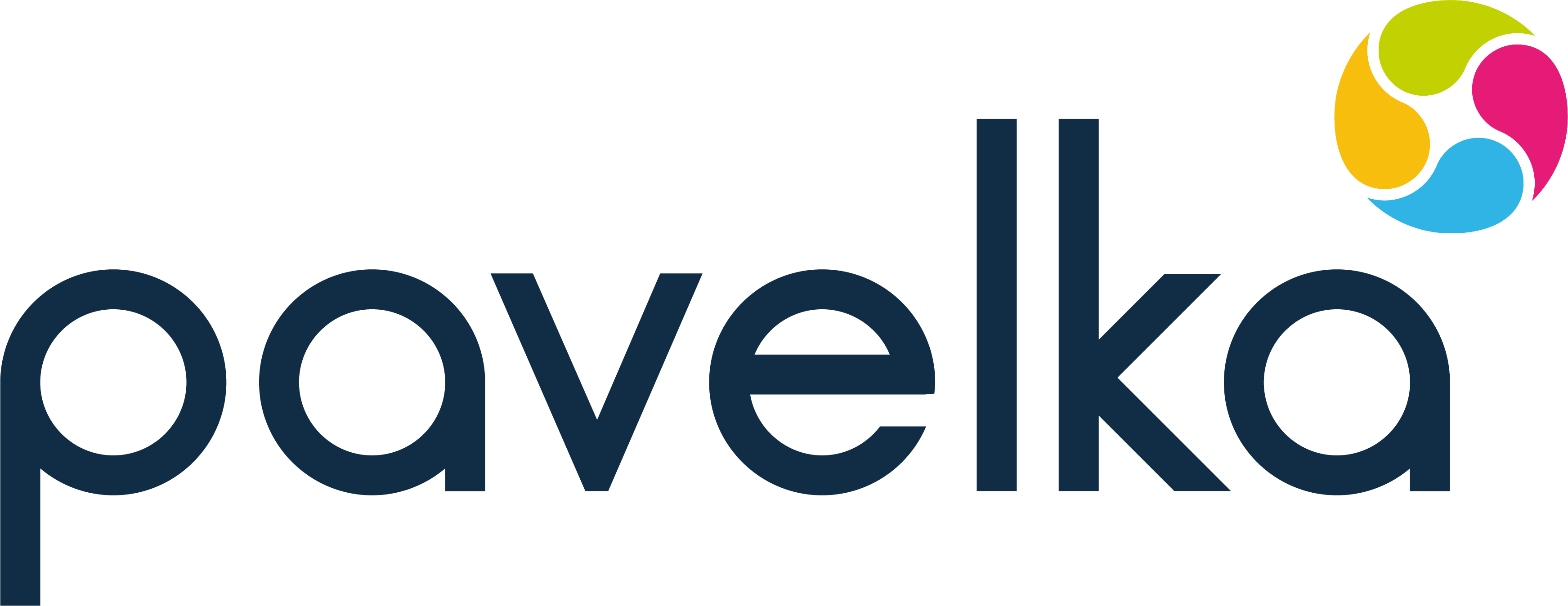Article by Pavelka team member Marta Tsivunina
Knowledge is half the battle they say. But is it really?
Before we buy a book about personal or professional development, we usually check out reviews. We want to buy a book that will change our lives, naturally! Then we read the reviews and realise they are of no help because of how controversial they are.
Some readers swear it turned their lives upside down and they became millionaires / quit smoking / built their own business / found a perfect job / a perfect partner etc. Then you scroll further and see other reviews that say the book didn’t have anything they hadn’t already known and it didn’t change them at the slightest, except the fact that they aged by 2 weeks while they were reading it. You are left puzzled and will probably remove the book from the basket (unless it’s discounted, and you decide to give it a go).
How is it possible that the same book with the same content leads to results that are poles apart?
The answer is in the conscious effort people put or did not put in, whilst reading it; it’s about how they personally experienced it. Those who read in peace and quiet have probably gained more than those who listened to it as audio-book whilst driving, cooking or walking a dog. And those who followed all the steps and tracked the progress were more likely to succeed than those who were reading it for 15 minutes every night before turning the light off.
The physical act of reading doesn’t change lives, the same way as merely knowing something doesn’t change your neuron connections that are ultimately responsible for your behaviour and actions. Hence knowledge is not half the battle, it’s hardly a battle at all.
Working at Pavelka, it was part of my job to go through every piece of content that was published in a private website for the employees of one our clients. A year later, I thought that after reading that much advice, techniques and science from our experts, I would not only solve my issues, but I could easily qualify for a job as a counsellor.
But I was wrong. My anxiety and overthinking were still massively overshadowing the overall happiness of my life.
It wasn’t until I came across an online course from Yale University that I learned about the science behind happiness and why our mind often reacts in the way that doesn’t support our well-being. I took it as an experiment and committed to every single task (or re-wirement as they call it) they gave.
At the end of the day, they promised a higher happiness rate (which was scientifically measured as well). I had nothing to lose and a lot gain, so I committed to getting up an hour earlier to do the course and its re-wirements.
When I went through all material, I was amazed by the amount and the quality of information I received. I thought, OK, now I need to start applying what I’ve learned – I have all the tools now.
But the course took care of it as well. The last task was to pick one re-wirement and stick to it for four weeks. There was no more reading or learning, just committing to one re-wirement for four weeks and tracking the progress. So I did. I chose a task that was the most challenging for me, for a number of reasons.
Four weeks later I could conclude that it was the magic pill I was missing. From the whole toolbox I have learnt about, this technique was the most important one. The result was astonishing.
I didn’t need to see the happiness rate in numbers to notice the difference in how I felt.
My anxiety was gone, my reactions that were lead by it before were reversed and I finally found piece in my inner and outer worlds. After the course finished, I continued with my new practice for about a week and, then, being satisfied with my achievement I gradually stopped.
Sure enough, old behaviour patterns returned, and I didn’t notice how I got carried away by anxiety again. So, I tried the learned technique, determined to check whether it actually helps, or if its “success” was due to the lack of teeth clenching situations and had little to do with my new habit.
Two days later I was pleased to discover that it was the practice that made a difference.
The reason I was sure of it was because a few days later we had a difficult situation to deal with and I took it easier than my partner, let alone easier than my former self.
Since then, it became part of my daily routine.
Like with everything, I might skip a day, but it already doesn’t feel natural if I do, it feels like something is missing.
Bottom line
If you want to change your life, you need to act, not just read.
Try different techniques, listen to your body, listen to your mind and see what they respond to. If it’s right for you, you will see the results in a matter of days. Then, make it a habit and enjoy the better version of yourself.
Knowledge is not half the battle. It all comes down to making a conscious effort to make positive changes.
